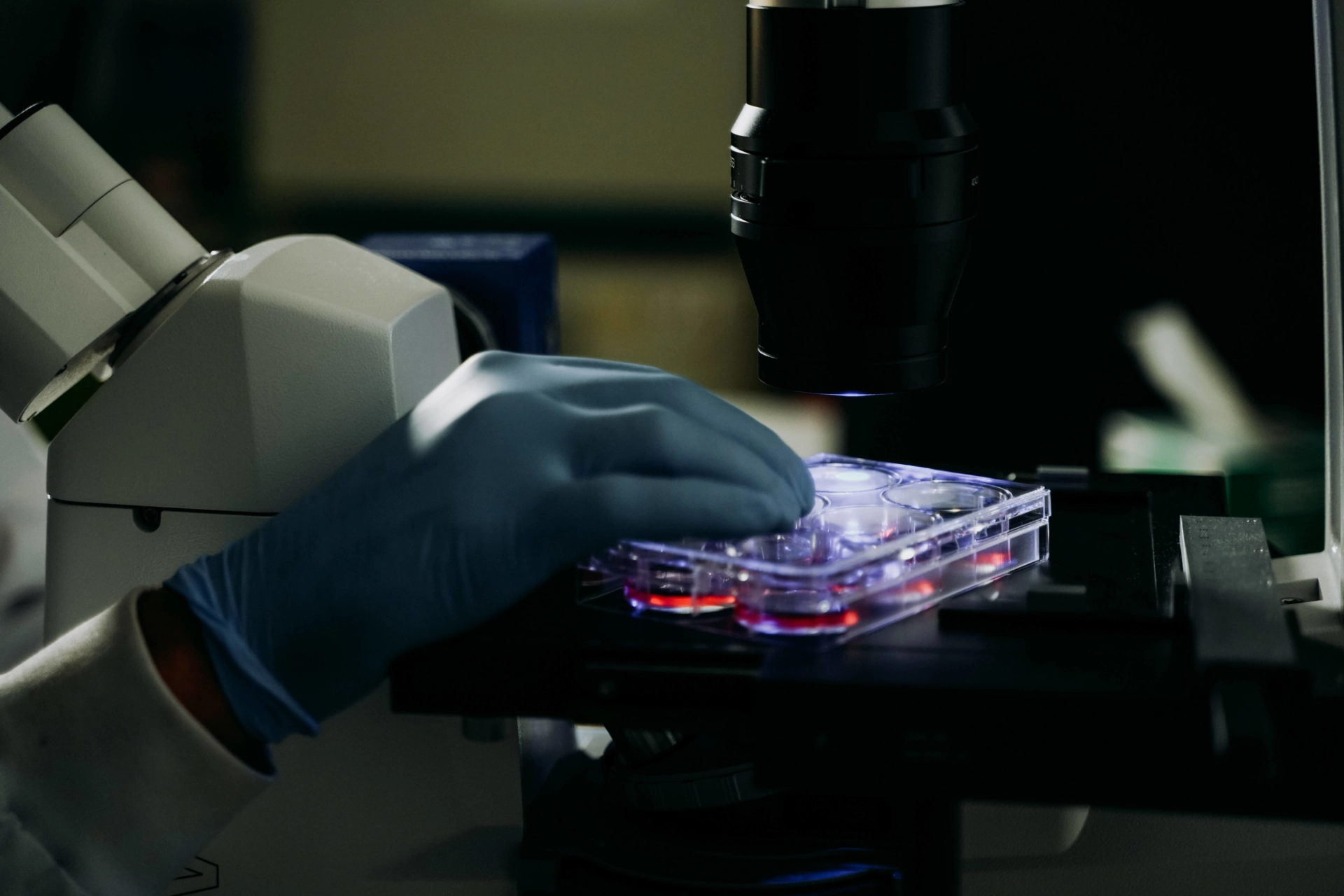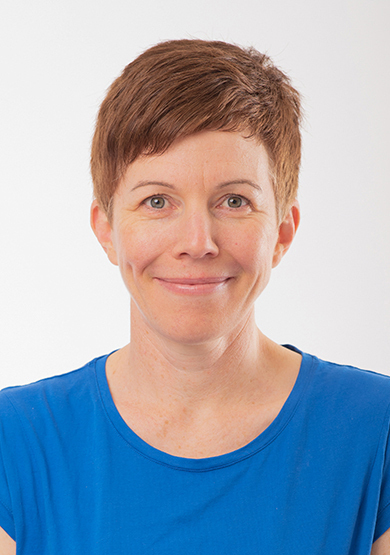Colorectal cancer (CRC) is a preventable disease. If early cancers are detected they can be removed and greater than 95% of patients are cured. Yet more than 4000 Australians still die from this cancer each year. In addition to the profound personal cost of this disease, this costs society more than $1 billion annually.
We need to do better to prevent, find and treat these cancers. This project focuses on using safe, well tolerated probiotics that naturally seek out cancer. We engineer these probiotics to release a signal or a drug, to develop entirely new ways to detect and treat bowel cancer in the future.
Despite the promise of immunotherapy, this treatment is currently limited to the less than 4% of advanced CRC patients with high mutational load. This group's ground-breaking proposal focuses on the use of probiotic bacteria that selectively colonise neoplastic tissue to develop novel sensors of early disease and to deliver tumour-specific, immune-activating payloads designed to treat a broad range of advanced CRCs.
The project draws on:
- Experienced, engaged consumer advocates who contribute to this project right from the design stage.
- Synthetic biologists who have generated cutting-edge molecular switches to control bacterial delivery of genetically-encoded payloads including bacterial quorum sensing capabilities linked to payload production and release.


